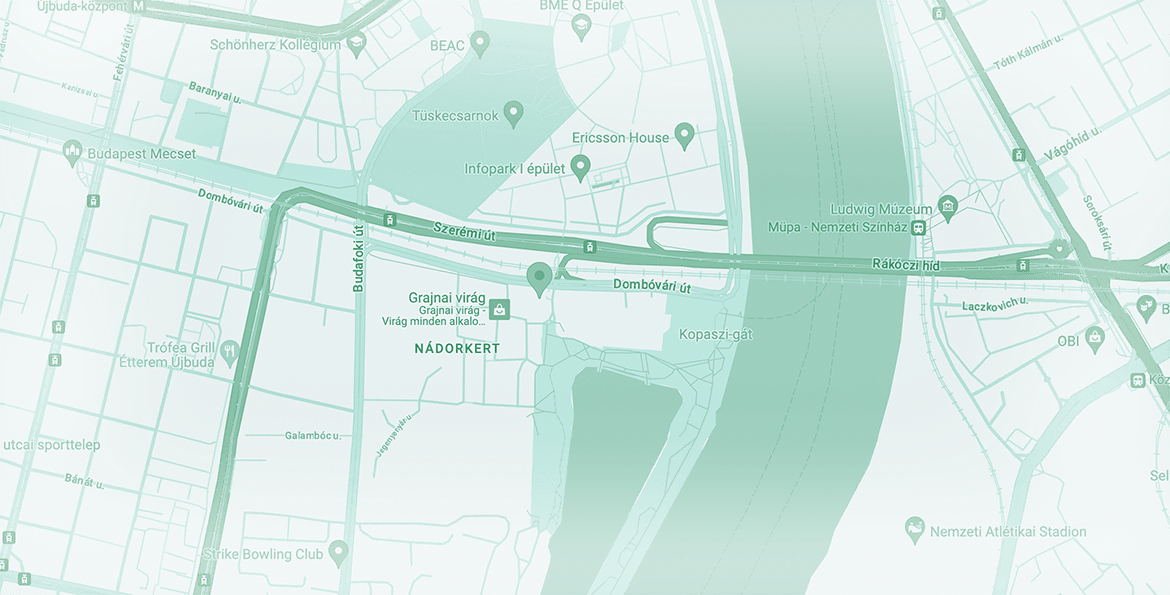
15 March in Hungary: an important national holiday
While Hungary has 13 bank holidays, 15 March is arguably the most prominent for many. It commemorates the start of the revolution of 1848 and 1849, and with it, the love for freedom of the Hungarian people.
While Hungary has 13 bank holidays, 15 March is arguably the most prominent for many. It commemorates the start of the revolution of 1848 and 1849, and with it, the love for freedom of the Hungarian people.
What brought about the events of 15 March 1848?
To understand the events of 15 March 1848, we need to take a look at the years leading up to it. While Hungary has been an autonomous kingdom since the end of the 10th century, the crown belonged to the Habsburg dynasty since the middle of the 16th century. As a result, while Hungary did enjoy some autonomy, the actual ruler was the Habsburg emperor.
Over the course of the 19th century, more and more voices demanded fundamental reforms to make Hungary a modern country, with new options for development of the society and the economy. These would include the abolition of entailment and serfdom, as well as more options for receiving loans. Achievements of the era include the establishment of the Hungarian Academy of Sciences, the building of the Chain Bridge, and making Hungarian an official language of Hungary (it had been Latin up till 1844). The era is regularly referred to as the Reform Era.
However, reforms were not coming fast, while the ruling class was afraid that the reforms could destabilize their power (which was, of course, inevitable during a democratic, capitalistic transformation). In March 1848, revolts in Paris and Vienna encouraged ringleaders in Hungary to start a revolution of their own, and make the Parliament and the Emperor accept the Hungarian demands.
15 March 1848 and the 12 points
The demands of Hungary are best summarized in the “12 points”. It included the freedom of press, universal taxation, the abolition of serfdom, and the right to equal legal representation before a jury, among other things. The 15 March revolution started with a small assembly of young idealists at café Pilvax, who then went to the University of Law to make their proclamation before an audience. More and more people joined them, and it soon became a crowd of more than ten thousand. Then they took over a nearby print shop, where they started printing the 12 points and the National Song by the thousand, to be handed out to the people present.
On the same day, the 12 points were accepted by the Parliament, and were later presented to the Emperor and the Vienna Council of State, who also approved it (even if reluctantly). As a result, the 15 March revolution meant a huge victory to Hungary, without any bloodshed.
War of Independence 1848-1849
Unfortunately, the Habsburg rulers were not happy with the situation. A new Emperor was crowned, the Hungarian government was dismissed, the Habsburgs instigated revolts against Hungarian rule in Serbia and Croatia, and a complex, bloody war started on many fronts. Against all odds, the Hungarian Army seemed to come out on top in the end, but then the Russian intervened during the summer of 1849, and the revolt was savagely put down. In the end, the Hungarian Army laid down its arms on 13 August 1849 at Világos.
The war was followed up by almost 20 years of retaliation, when Hungary was stripped of various rights. However, that ended with the establishment of the Austro-Hungarian Monarchy, and an era of prosperity that is still referred to as “the time of peace”.
What do we celebrate on 15 March in Hungary?
With 15 March 1848, a new era was supposed to start for Hungary. An era of liberty and equality, when the people have more options to grow both individually and as a nation. Thanks to the joint commitment of so many people, new rights were granted to everyone. In line with this, 15 March commemorates the passion of fighting for equal rights, and the faith that we can make our nation better every day. Even if the revolution and the ensuing war of independence were lost in the end, we should never forget the fighting spirit of our ancestors who dared to dream, and to work for a brighter future.
How do we celebrate 15 March in Hungary?
All over the country, there are commemorations of the events of 15 March 1848 and the ensuing war of independence, involving speeches and leaving wreaths by the statues of the heroes of 1848 and 1849. More often than not, these are complemented with various events suitable for families, fairs, arts-and-crafts workshops, and concerts, all celebrating Hungary.
Visibly, the most notable thing is that people wear a cockade in the colors of the Hungarian flag to show off how proud they are of their nation and its achievements.
At the same time, in the spirit of the revolution, 15 March is considered a suitable time for organizing demonstrations against unpopular government policies, regardless the party in power. When moving around the city on this day, watch out for possible road closures.
Is this part of your heritage?
If one or more of your parents or other ancestors was Hungarian, it makes sense to want to learn more about Hungarian history and culture. Moreover, you might also be eligible for Hungarian citizenship, meaning you could take advantage of a European passport, visa-free travel to Schengen countries, an access to the benefits of living and working in the EU.
Do you want to know if you are eligible?
Our team at Helpers would be happy to help you throughout your journey towards Hungarian citizenship. We have 15+ years of experience working with foreigners interested in living, working, and doing business in Hungary. As a result, we are confident we can find the right solutions for you too.
Contact
Get in touch today
Monday - Friday
9am - 5pm CET
Helpers Hungary Kft
Budapart Gate
Dombóvári út 27
Budapest 1117, Hungary
If you’re visiting us, please use entrance A and come to the 2nd floor.





